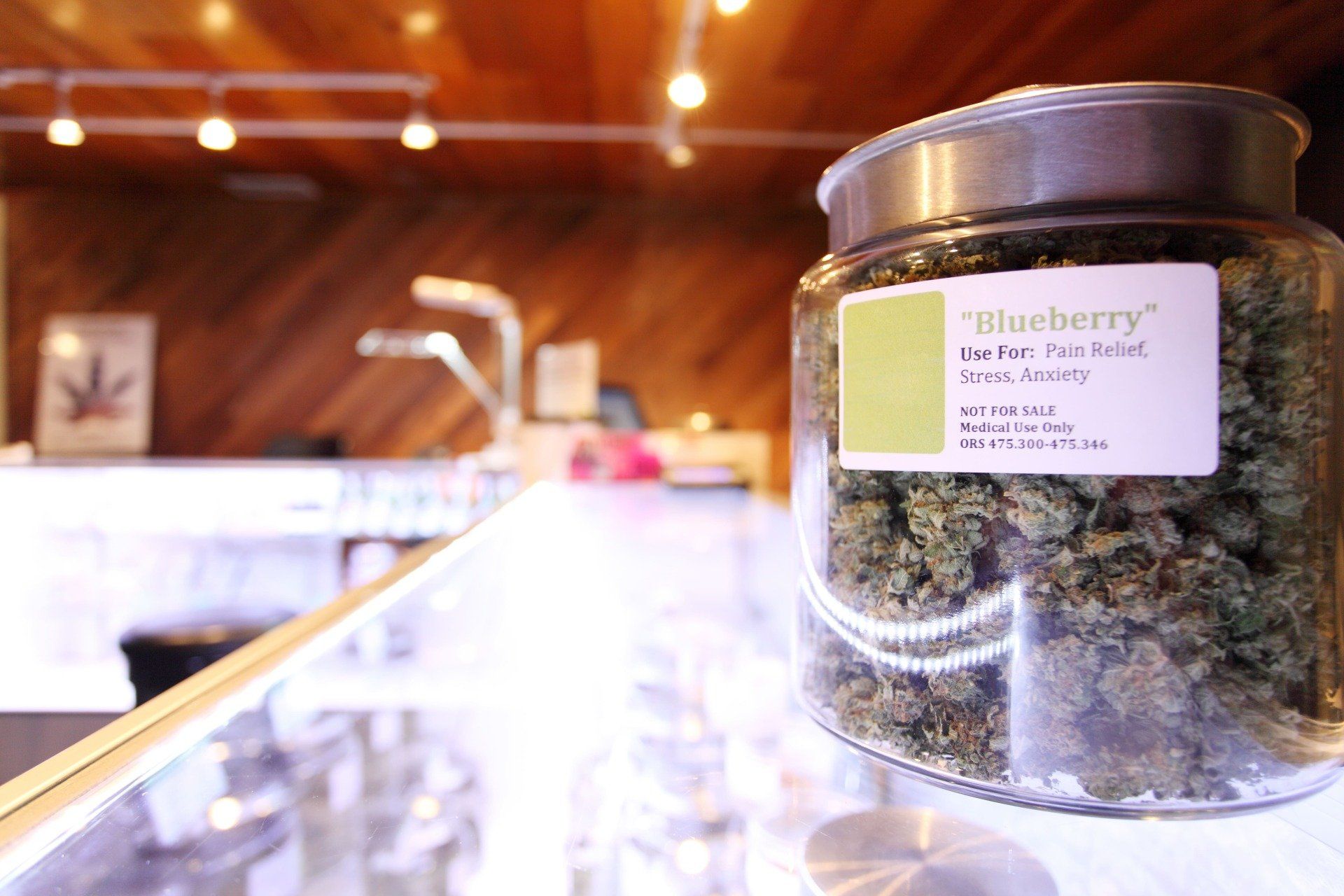3 min read
¿Qué ocurrirá con los que cumplen condena por delitos relacionados con la marihuana tras su legalización?
Diferentes estados están adoptando diferentes enfoques, pero, en la mayoría de los casos, la legalización de la marihuana recreativa no ha dado...




